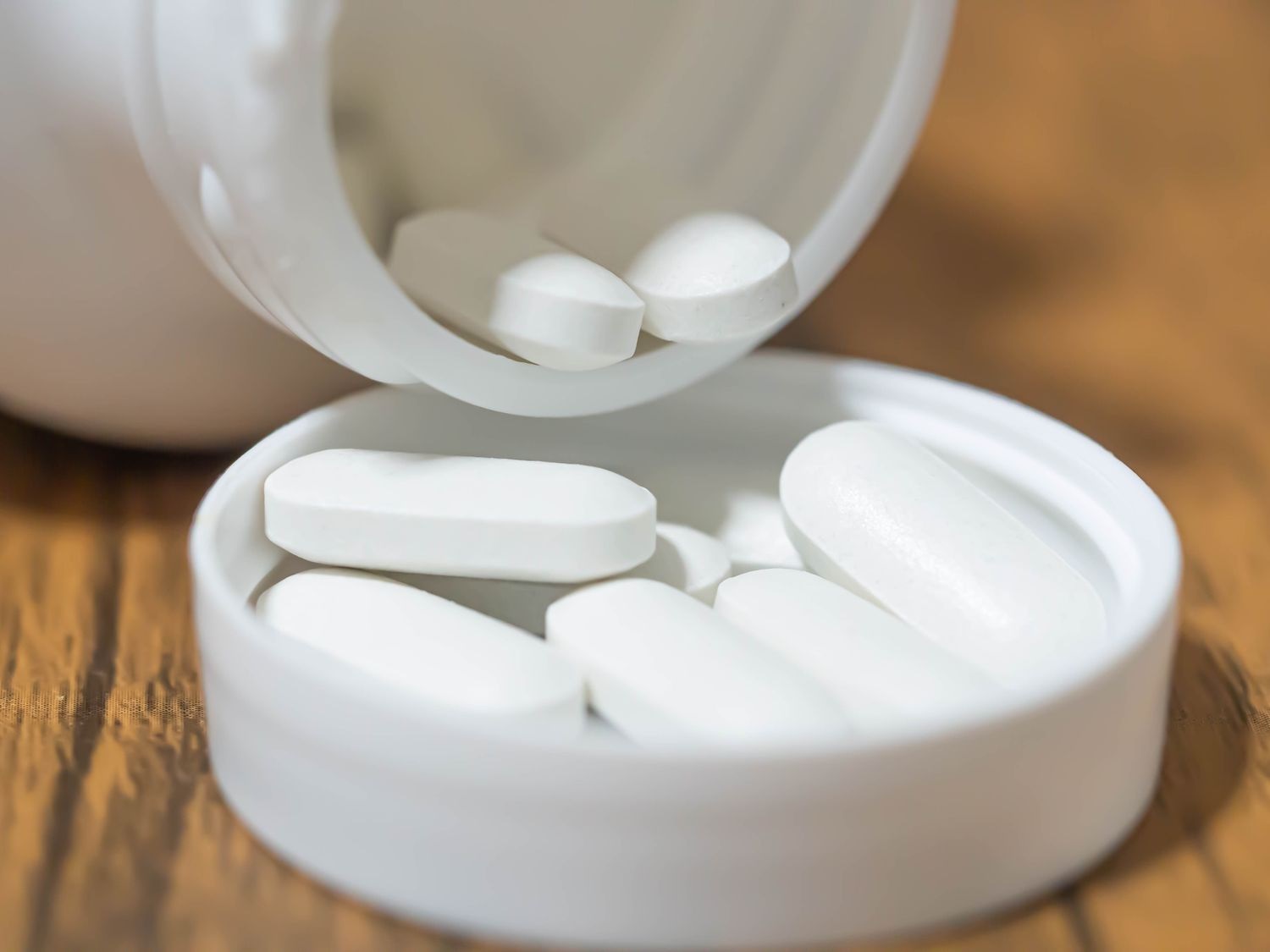The magnesium gets steadily released from the glycine once across the intestinal lumen, allowing for sustained absorption. Compared to other chelated magnesium compounds, like magnesium aspartate or magnesium citrate, magnesium glycinate has been found to have higher bioavailability. Magnesium glycinate had the highest values, suggesting it is an excellent choice for optimizing magnesium levels.
Benefits of magnesium glycinate
One double-blind, placebo-controlled study in the Journal of Research in Medical Sciences gave magnesium supplements to 46 elderly patients with insomnia. After 8 weeks, the magnesium group saw significant increases in sleep time and sleep efficiency compared to the placebo group. And since magnesium glycinate is the most absorbable form, it is ideal for promoting restful sleep. Magnesium deficiency is associated with heightened anxiety levels. Supplementing with magnesium has been shown to reduce anxiety symptoms, likely due to magnesium’s role in regulating stress hormones and neurotransmitters like serotonin that influence mood. One study even found magnesium to be as effective as the anti-anxiety medication trazodone.
High blood pressure has been linked to magnesium deficiency. Magnesium lowers blood pressure through vascular dilation and its natural calcium channel-blocking effects. One meta-analysis of randomized trials using magnesium supplements for high blood pressure found a significant reduction in systolic and diastolic pressure. Research connects adequate magnesium intake with higher bone mineral density. Magnesium is involved in converting vitamin D into its active form, which aids calcium absorption and bone growth. The study in postmenopausal women found that supplementing with magnesium and calcium for 30 months resulted in 2.8% greater bone density than calcium alone. Magnesium deficiency is associated with increased inflammation and higher risk factors for cardiovascular disease like cholesterol and triglycerides. Supplementing with magnesium reduces inflammation, better regulates lipids, and prevents atherosclerosis by relaxing blood vessels.
Right magnesium glycinate dosage
Most people supplement between 200-400 mg per day, in divided doses with meals for optimal absorption. Since magnesium glycinate has excellent bioavailability, you need a lower dose than less absorbable forms. Start with 200 mg per day and increase if needed to address your specific symptoms or deficiency. The maximum safe upper limit is 350 mg per day. Excess magnesium is excreted, but very high doses could potentially result in diarrhea or abdominal cramping.
how to choose best magnesium supplement? When choosing a magnesium supplement, make sure to avoid magnesium oxide which is poorly absorbed. Go for chelated magnesium like magnesium glycinate or magnesium citrate. Capsules typically offer better absorption than tablets. Always consult your doctor before supplementing, especially if you take any medications, have impaired kidney function, or have any health conditions. Magnesium interacts with certain antibiotics, diuretics, proton pump inhibitors, and calcium channel blockers. Magnesium glycinate offers an efficacious form of this essential mineral due to its superior bioavailability. If you’re deficient in magnesium or want to correct an imbalance, magnesium glycinate is likely your best bet for fast relief and results.




